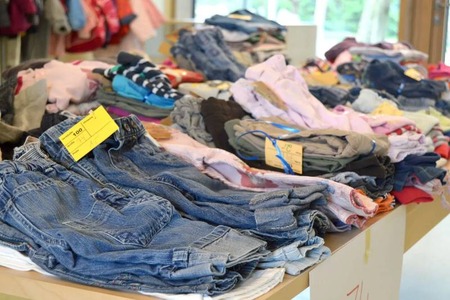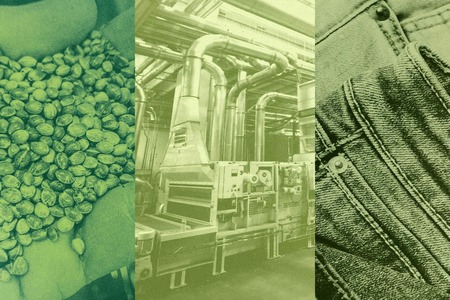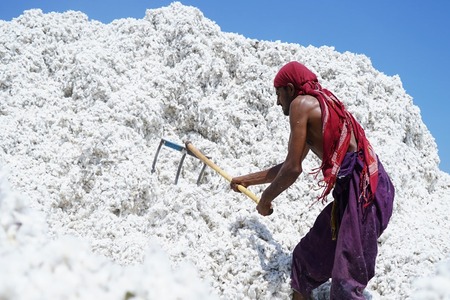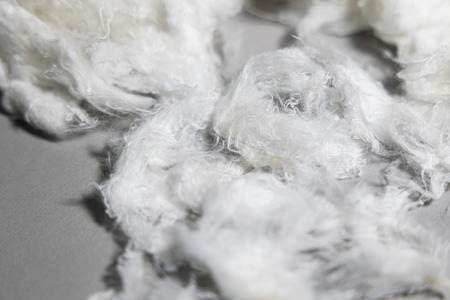
MCAK Urges to protect Kenya’s secondhand clothing industry
YarnsandFibers News Bureau 2025-01-02 15:38:00 – KenyaGlobal stakeholders are being called to combat misinformation about Kenya’s secondhand clothing industry and focus on evidence-based research to shape policies.
Teresia Wairimu Njenga, chairperson of the Mitumba Consortium Association of Kenya (MCAK), highlighted the success of their 2024 advocacy campaign while warning of mounting challenges facing reuse and recycling operators. Njenga emphasized that over 95% of imported secondhand clothes are not waste, despite punitive taxes and regulations that jeopardize sustainable practices developed over decades.
Njenga represented Kenya’s secondhand clothing trade in meetings across the EU, UK, Ghana, and the US. These discussions revealed a common issue: textile collectors, sorters, and recyclers face escalating costs and regulations that threaten their survival in the fight against fast fashion. With the EU leading policy reforms that set global precedents, Njenga stressed that these changes could adversely affect livelihoods in Kenya, where 2 million traders and 6.2 million households rely on secondhand clothing.
MCAK urged policymakers to rely on robust evidence rather than misleading advocacy materials that wrongfully blame secondhand clothing imports for waste management failures.
“Secondhand clothes are not the problem but part of the solution,” Njenga said. “They exemplify the circular economy and are essential to Kenya and other nations like Ghana. By allowing our trade to be villainized, policymakers risk worsening global textile pollution.”
Market Intelligence
Ask for free sample Report

experience
Customer Base
dedicated team
Countries Served Worldwide









